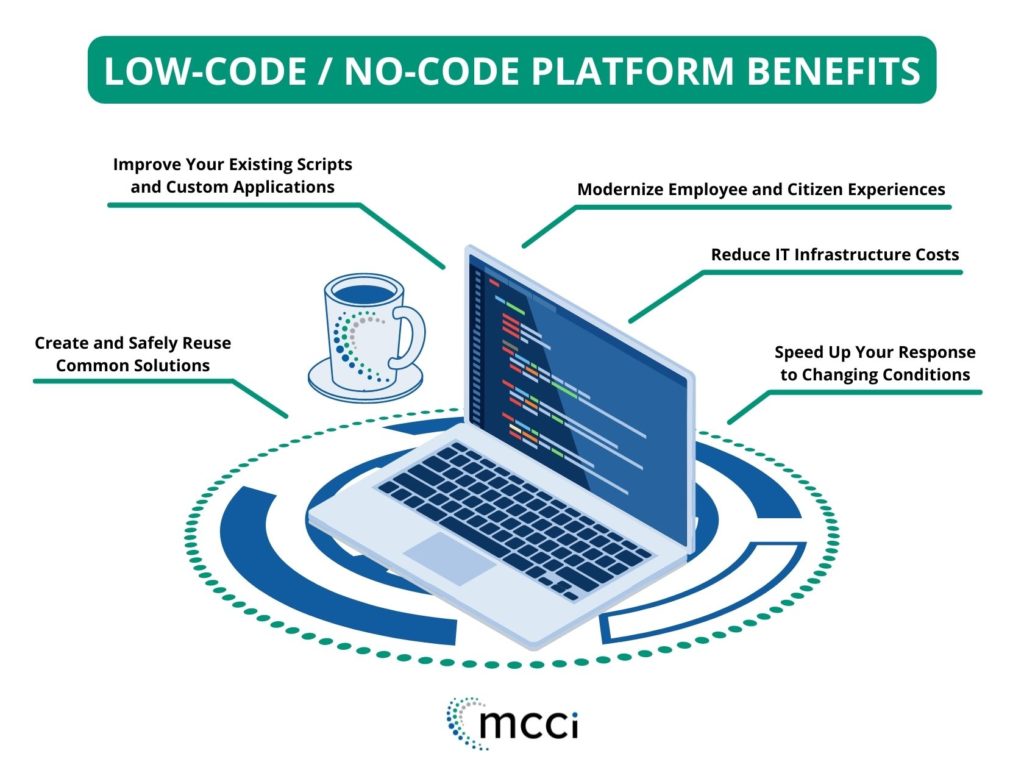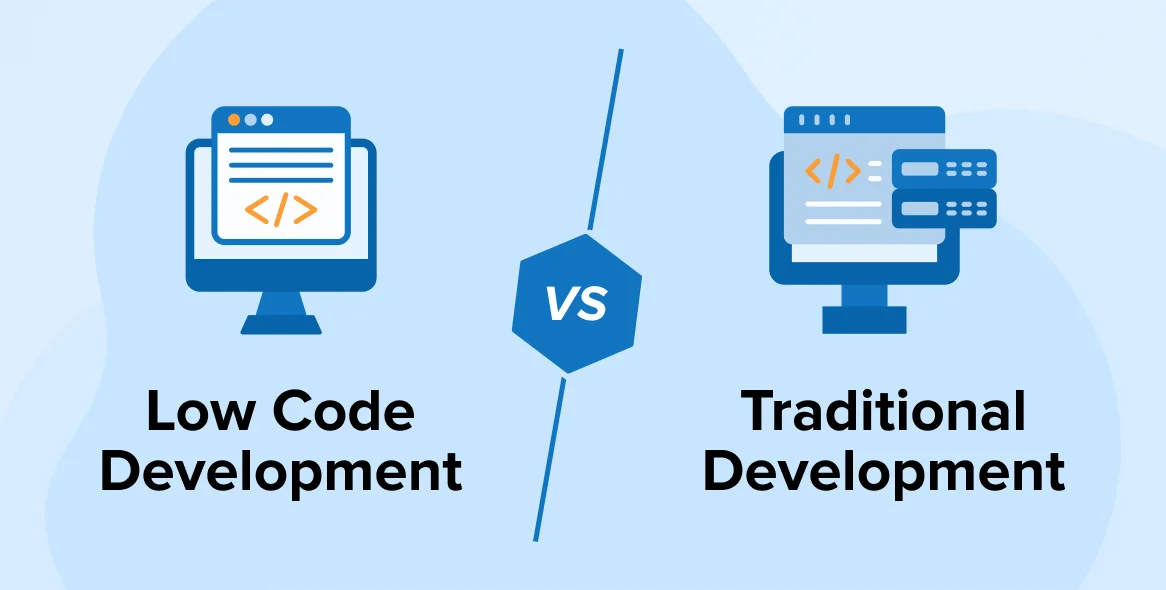What is RPA Consulting and Why Does It Matter?
Robotic Process Automation (RPA) consulting is the practice of analyzing, strategizing, and implementing automation solutions to streamline business operations. Companies worldwide are turning to RPA to reduce manual tasks, increase accuracy, and boost efficiency. But without the right guidance, RPA implementation can lead to costly mistakes.
Benefits of RPA Consulting Services
Working with an RPA consultant ensures that businesses get the best automation solutions tailored to their needs. Key advantages include:
- Cost Reduction: Automating repetitive tasks cuts down on labor costs.
- Scalability: RPA allows businesses to grow without significant infrastructure changes.
- Improved Accuracy: Bots eliminate human errors, ensuring data integrity.
- 24/7 Operations: Automated processes don’t require breaks or sleep.
- Regulatory Compliance: RPA ensures processes are followed precisely, minimizing compliance risks.
Types of RPA Consulting Services
1. RPA Strategy & Assessment
Consultants assess current business processes, identify automation opportunities, and develop a roadmap.
Potential Drawbacks:
- High initial costs for evaluation and strategy development.
- Complexity in legacy systems may require extra customization.
2. RPA Implementation & Development
Experts design, develop, and deploy RPA bots customized for business needs.
Potential Drawbacks:
- Technical challenges can arise, especially in integrating RPA with old systems.
- Requires employee training to ensure smooth adoption.
3. RPA Support & Maintenance
Ongoing monitoring, troubleshooting, and updating of bots to keep processes running smoothly.
Potential Drawbacks:
- Continuous investment in support and updates.
- Dependence on external consultants for long-term maintenance.
4. RPA Training & Upskilling
Consultants train in-house teams to manage and expand automation initiatives.
Potential Drawbacks:
- Learning curve for employees unfamiliar with automation.
- Initial time investment before seeing full ROI.
People Are Always Asking
Is RPA only for large enterprises?
No! Small and mid-sized businesses can also benefit from RPA by automating repetitive tasks, reducing errors, and increasing efficiency.
How much does RPA consulting cost?
Costs vary depending on project complexity, the number of bots, and required customizations. Typically, an initial assessment can range from $10,000 to $50,000.
Can RPA replace human jobs?
While RPA automates repetitive tasks, it enhances job roles rather than replacing them. Employees can focus on higher-value work like decision-making and customer interactions.
Expert Opinion: Tamer Badr on RPA Consulting
Tamer Badr, the owner of Singleclic, shares his insights on RPA’s impact:
“RPA is not just about automation; it’s about transforming the way businesses operate. Companies that embrace RPA correctly will gain a competitive advantage by focusing their workforce on strategic initiatives instead of mundane tasks.”
RPA tools, such as UiPath, Automation Anywhere, and Blue Prism, are the technological backbone of any successful automation strategy. These platforms come equipped with intuitive drag-and-drop interfaces, machine learning capabilities, and robust analytics dashboards that enable organizations to design, test, and deploy automated workflows with ease. By leveraging these versatile tools, businesses can not only eliminate manual, time-consuming processes but also gain actionable insights for continuous process improvement.
Choosing the Right RPA Consulting Firm
When selecting an RPA consultant, consider the following:
- Proven Experience: Look for firms with successful case studies.
- Technology Partnerships: Check if they are partners with leading RPA providers like UiPath, Automation Anywhere, or Blue Prism.
- Scalability: Ensure they can support future automation expansion.
- Support & Training: A good firm provides ongoing support and employee training.
Customer Reviews & Case Studies
Case Study: Retail Automation Success
A leading retail company automated its inventory management system, reducing manual effort by 40% and improving order accuracy by 98%. Their RPA consultant provided end-to-end implementation and support.
Customer Review
“Thanks to expert RPA consulting, we cut down processing time from hours to minutes. Our employees now focus on customer engagement instead of data entry!” – CEO, E-commerce Firm
Internal Resources & Further Reading
- Guide to Choosing the Right RPA Software
- How to Build an Effective RPA Strategy
- Top RPA Trends in 2024
Frequently Asked Questions (FAQ)
How long does it take to implement RPA?
Implementation timelines vary but typically take 4-12 weeks, depending on complexity.
What industries benefit the most from RPA?
Industries such as banking, healthcare, retail, and manufacturing see the highest ROI.
Can RPA work with legacy systems?
Yes! Many RPA solutions integrate seamlessly with older systems without requiring major upgrades.
Final Thoughts
RPA consulting is an essential step toward efficient, error-free, and scalable business processes. By partnering with the right consultant, companies can maximize the benefits of automation while mitigating potential challenges. Whether you’re starting fresh or optimizing existing automation, expert guidance ensures success.
References
- UiPath. “The Benefits of Robotic Process Automation.” Retrieved from https://www.uipath.com
- Gartner. “Automation Trends in 2024.” Retrieved from https://www.gartner.com
- Forrester. “RPA Market Growth Report.” Retrieved from https://www.forrester.com









